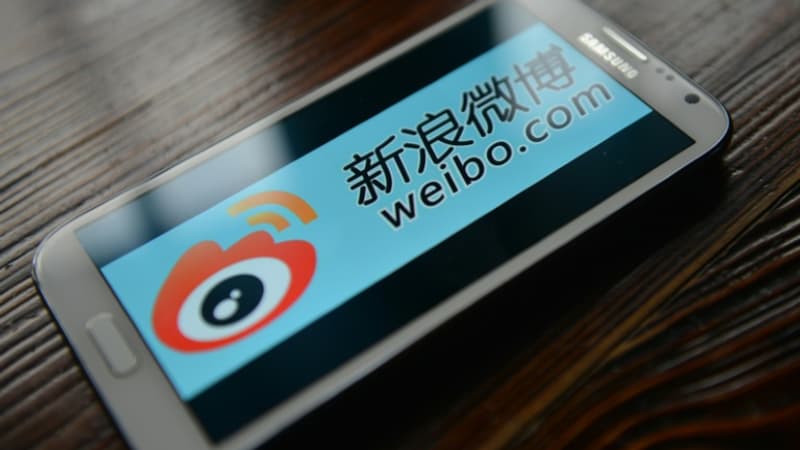Users of Weibo, a very popular Chinese social network, indicated on Friday, December 15, that they had been warned against publishing “pessimistic” opinions about the health of the Chinese economy, an increasingly politically sensitive topic.
China faces weak domestic consumption, high youth unemployment and a housing crisis, and top leaders said this week it still faces “difficulties and challenges” in reviving its economy.
Users scolded
Several users told AFP that the social network Weibo had sent them messages asking them to “be careful with the intensity of your speech and not post pessimistic comments about the economy.”
A Chinese economist, who has more than 9 million subscribers on this platform similar to X (formerly Twitter), told AFP that he “received this type of reminder twice in recent days.”
And this, he affirms, although he publishes optimistic messages about the prospects of the Chinese economy.
A columnist for the British business newspaper Financial Times, Jeff Li, posted a screenshot on his X account on Thursday with the same warnings.
“False fabricated stories”
For its part, the Ministry of State Security on Friday accused “certain individuals with ulterior motives” of using “false, fabricated and malicious narratives” to harm the Chinese economy.
“Its true objective is to disrupt expectations and the proper functioning of the market, as well as hinder the positive dynamics of the Chinese economy,” he said in a statement published on the WeChat social network.
Chinese media are subject to strict state control. Social media platforms often use censorship to remove content deemed too negative or too politically sensitive.
A banned columnist
In June, an influential Chinese economic columnist was banned from Weibo after he notably compared the country’s current economic difficulties to the crisis of 1929. The platform accused him of having “inflated” the unemployment rate.
China last published the official youth unemployment figure (16-24 years) in June, when it stood at 21.3%. This statistic has not been made public since.
Asked by AFP about the warnings sent in recent days, Weibo did not immediately respond.
Source: BFM TV


